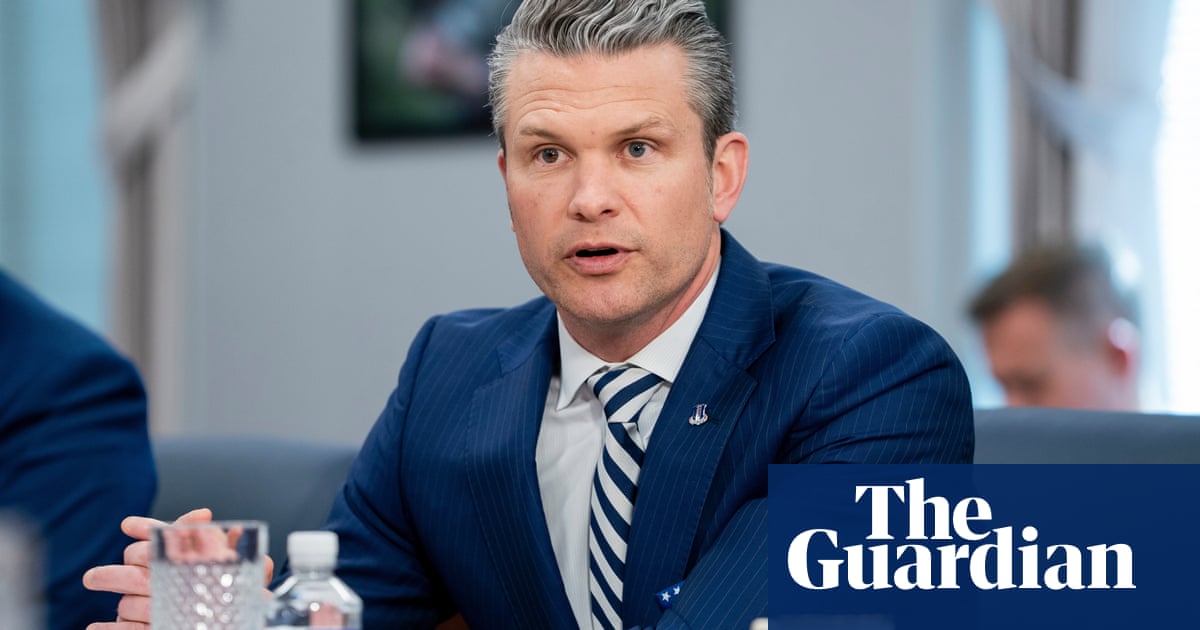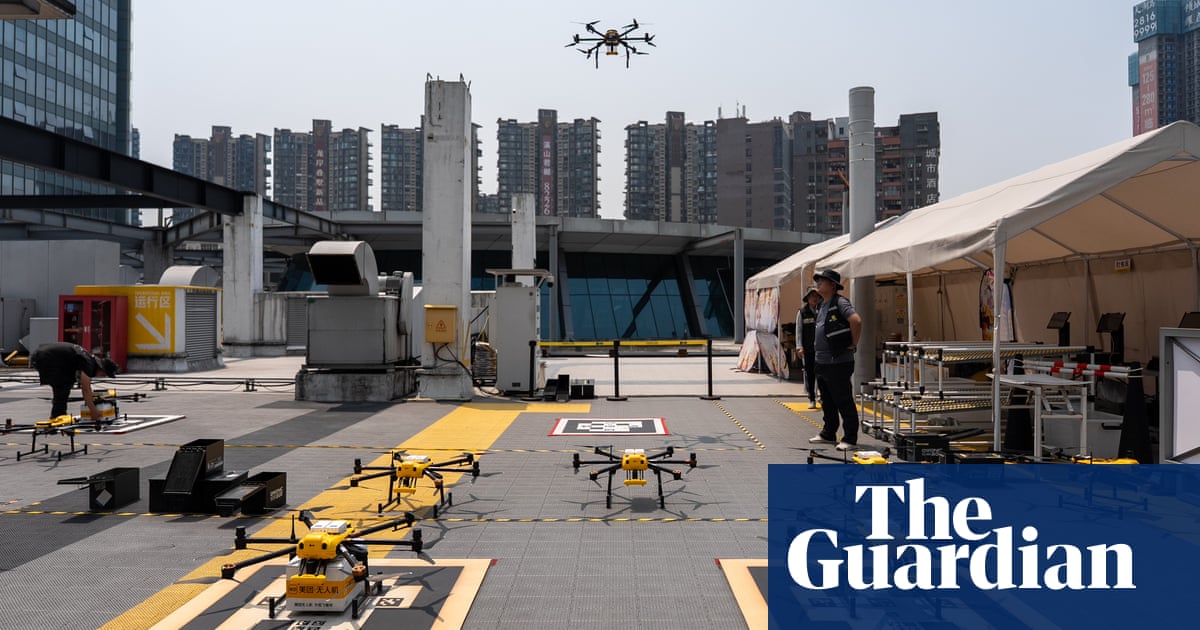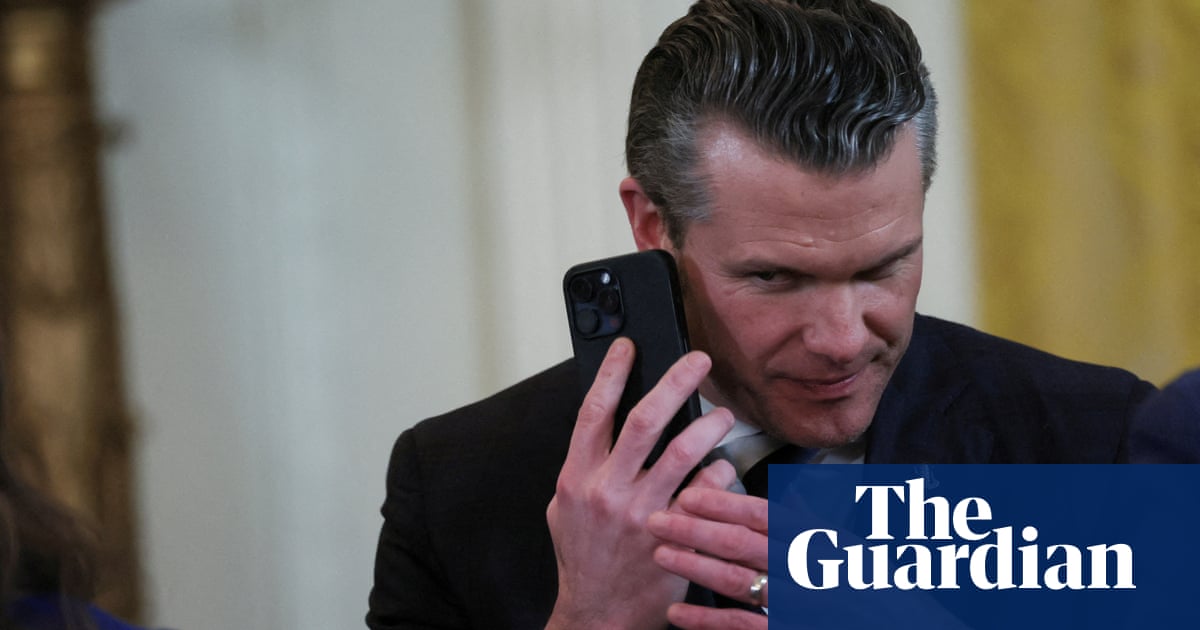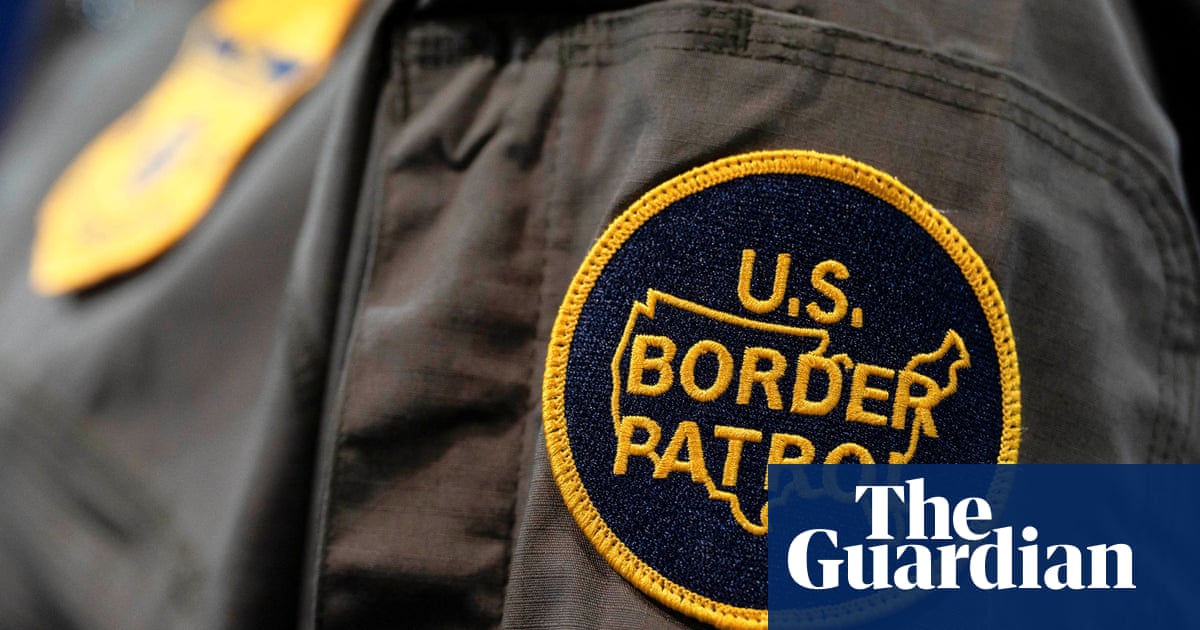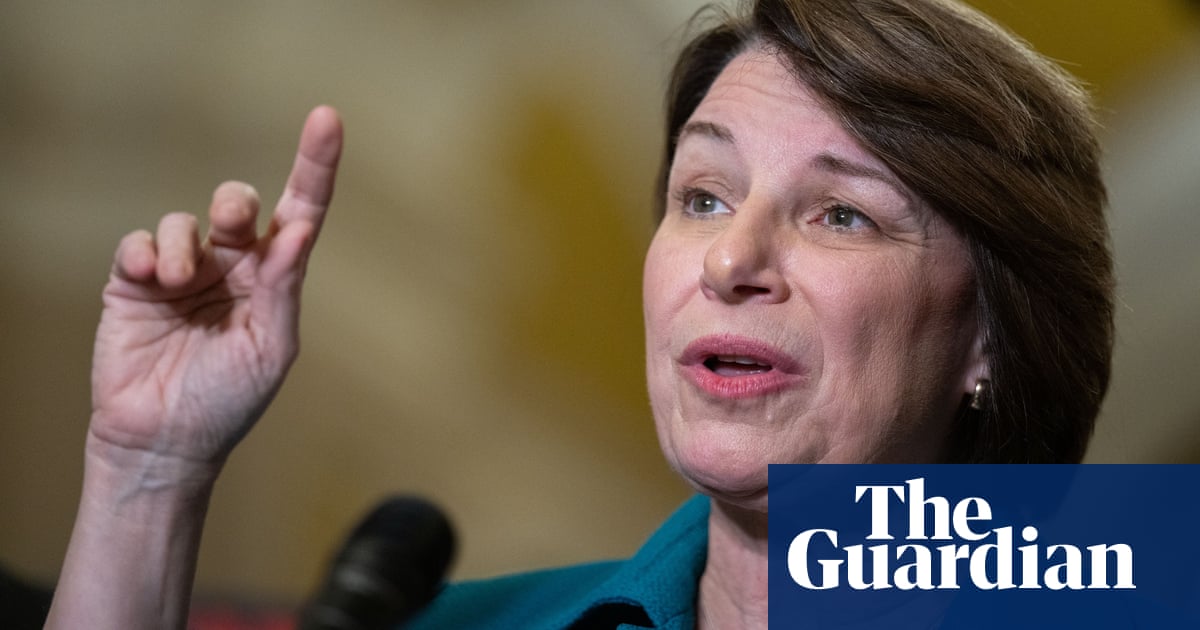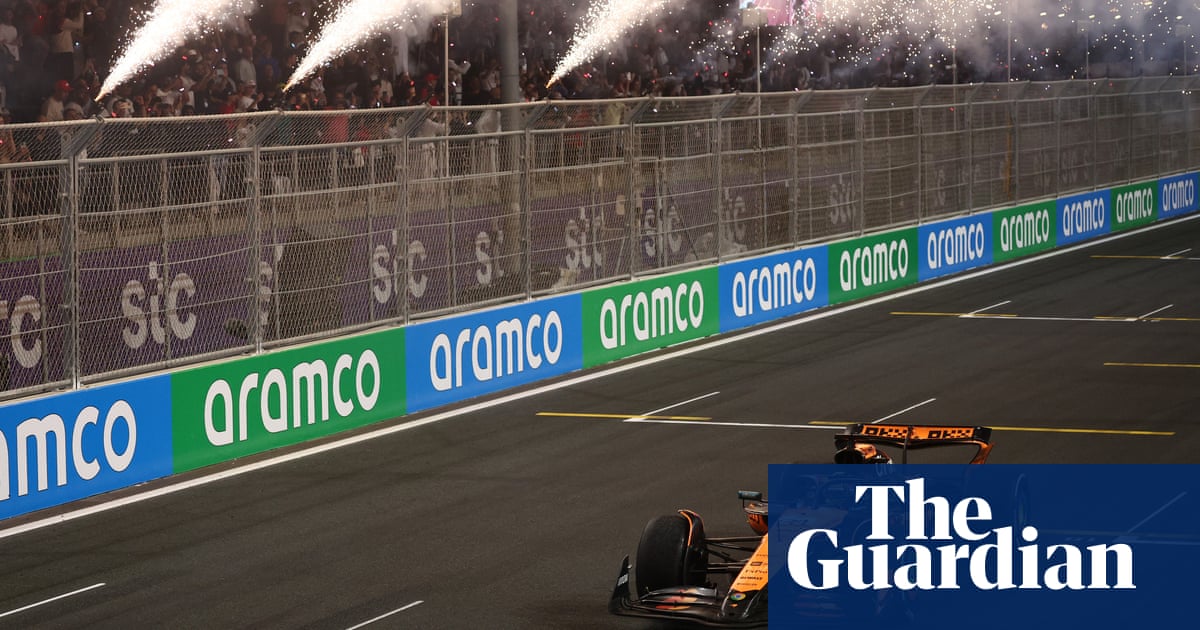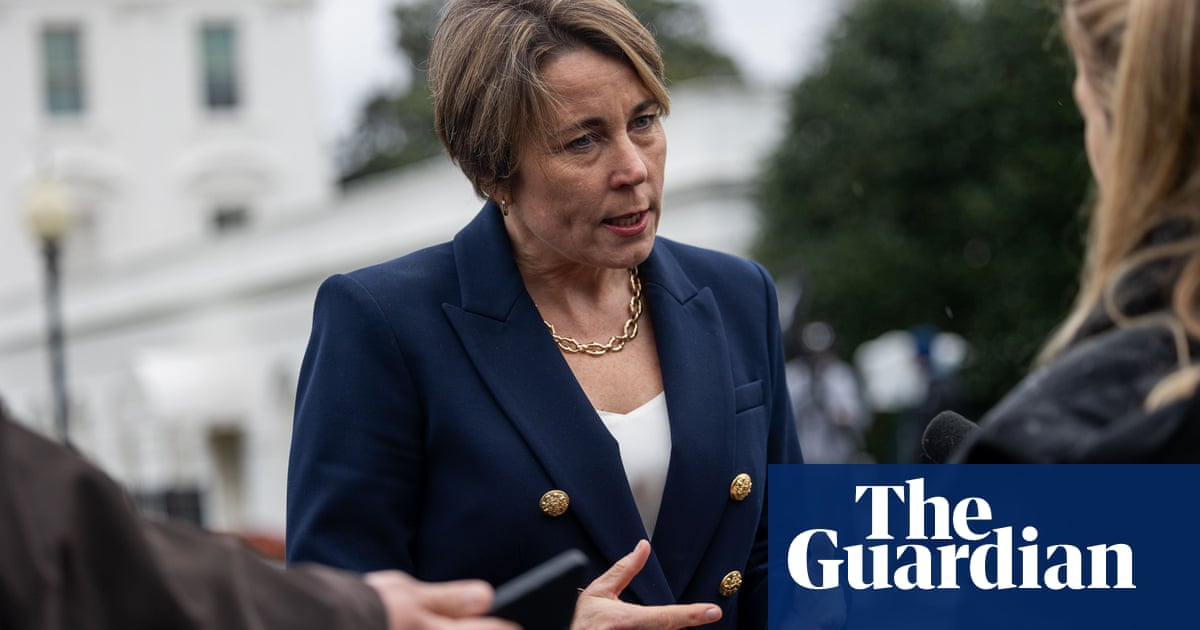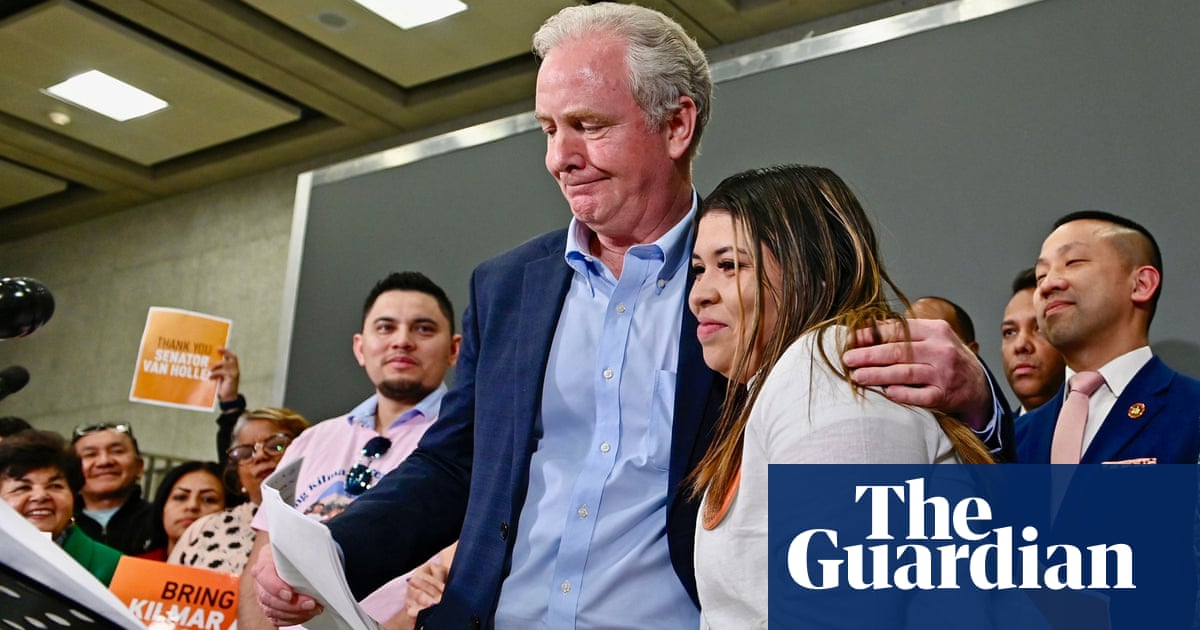Al-Qaida, Hezbollah, the Islamic State – the list of foreign terrorist organisations (FTOs) is a who’s who of America’s enemies. Now Donald Trump wants to add a new one: Mexican cartels.
Experts say the designation wouldn’t give the US many more tools to go after organised crime, and that it may simply be a threat to force more action from Mexico itself.
But some fear it could be the first step towards US military strikes in Mexican territory.
The designation is part of President-elect Trump’s plan to “wage war” on Mexico’s cartels, which he claims will address the fentanyl crisis in the US.
“It is important for us to not just go after these groups but identify them and call them what they are,” said Marco Rubio, Trump’s choice for secretary of state, at his confirmation hearing this week. “[The cartels] are terrorising America with mass migration and a flow of drugs.”
Earlier this month, Trump himself claimed that Mexico was “essentially run by the cartels”.
But the US president-elect’s promise to designate the cartels as FTOs on his first day back in power met with a stiff rebuke from Mexico’s president, Claudia Sheinbaum, who rejected the idea outright.
“We will work together, but we will not be subordinate,” said Sheinbaum. “Mexico is a free, sovereign, independent country. And we do not accept interference in our country.”
Trump previously threatened to designate cartels as FTOs in 2019, when nine US citizens from an isolated Mormon community in Mexico were murdered, but he held off at the request of the then Mexican president, Andrés Manuel López Obrador.
It is unclear how much impact the designation would have. US agencies already have an array of tools at their disposal to go after transnational organised crime groups by restricting their members’ abilities to travel or do business.
The main difference would be the range of people that could be targeted, which would widen to include anyone who provides “material support” to the cartels, said María Calderón, from the Wilson Center’s Mexico Institute.
Material support could mean anything between logistical support and financial services, training and lodging, guns and false documents. But exactly how that is interpreted would be used depends on political will.
While the designation of cartels as FTOs itself would not authorise US military action in Mexico, some fear it would be the first step towards it. Trump has already suggested bombing drug labs, and has reportedly discussed sending special forces to kill cartel leaders.
“The designation may not provide the US with many more tools, but it does pave the way to the use of military force,” said Mónica Serrano, a security expert at El Colegio de México, although she added that drone strikes would be more likely than boots on the ground.
“If the US decides to do that, like Israel has been doing all around its territory, they will be able to,” added Serrano. “The international environment restraining the use of force is much more permissive than it was a few years ago.”
Calls for military intervention are reminiscent of Mexico’s own militarized “war on drugs” that began in 2006, when the government – with US cash and cooperation – deployed the armed forces to take on the cartels, but without addressing the systemic drivers of cartel power: poverty, corruption, weak rule of law – and US demand for illicit drugs.
There were high-profile arrests and drug busts, but little change in the flow of drugs going to the US. Meanwhile Mexico became chaotically violent.
If Trump were to designate Mexican cartels as FTOs, it could alienate Mexico from the outset of his administration.
“It would be a huge blow to the bilateral relation,” said Calderón. “Let’s remember we have migration, mass deportations and the USMCA [free trade agreement] review on the agenda.”
Bilateral security cooperation is already at a low point after the arrest of two Sinaloa cartel bosses in El Paso, Texas, triggered an internal war in the group that has left more than a thousand dead or disappeared in Sinaloa.
Sheinbaum blamed the US for unleashing the violence, although American authorities have denied being involved in the operation.
Reestablishing security cooperation under a new framework ought to be a priority for the two administrations, said Calderón.
Two other steps that could limit the cartels’ power would be reducing arms trafficking – more than 200,000 firearms sold in the US end up in their hands every year – and hitting cartel finances.
“That might be the most important one: cut their resources,” said Calderón. “Use sophisticated anti-money-laundering instruments and foreign asset control regulations to hit them where it hurts. Because cartels, at the end of the day, are businesses.”

 3 months ago
52
3 months ago
52
